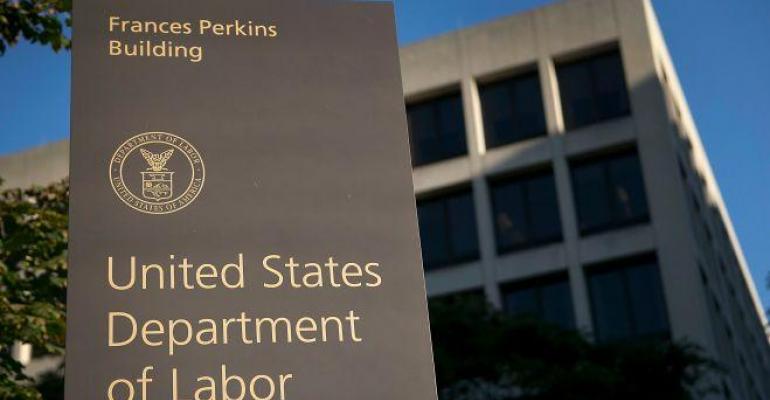In 2014, about 75 percent of doctors across five common medical specialties received at least one payment from a vendor, according to a ProPublica analysis. Not all of these doctors are rogues, but if this were your doctor, would the thought of “conflict of interest” cross your mind?
Now, thanks to the Physician Payments Sunshine Act, which was part of the Affordable Care Act, there’s a searchable database where physicians receiving payments over $10 from drug and device companies are posted.
Next to someone’s physical health, few things are more important than their “financial health.” That’s why the Department of Labor passed its final rule last month requiring advisors to act in their clients’ best interests when offering advice in retirement accounts.
Today’s affluent are skeptical and cynical about almost everyone, physicians and financial advisors included. Having their “best interests” behind every decision, whether it’s prescribing a drug or an investment, is a minimal expectation.
For the past 10 years, our affluent research has identified hidden fees as a major factor contributing to mistrust. Whenever hidden fees are uncovered, regardless of whether it was intentional, clients feel as though they’re being screwed. When fees aren’t transparent, the advisor-client relationship is vulnerable.
The Rainmaking Opportunity
The DOL rule will require advisors to be more transparent about their fees and may create more administrative and compliance burdens. Elite advisors, however, will recognize it as a gift.
This ruling will create a lot of dissatisfaction among affluent investors—and a marketing opportunity for advisors. Affluent clients who aren’t being serviced by an elite advisor will be asking themselves questions like: “Is my advisor overcharging me?”, “Are there hidden fees in my portfolio?”, “Are the investments I own in my best interests or my advisor’s?”, “Does my advisor have the depth and breadth of knowledge to provide me with the level of advice I need?”
This creates a perfect prospecting environment for elite advisors. They have both the knowledge and skill to subtly ask pointed questions, such as:
- Have you heard about the upcoming DOL fiduciary regulation?
- Has your advisor met with you about the upcoming DOL regulations regarding fiduciary?
- Has your advisor gone over all the fees that are most likely embedded in your portfolio?
- Has your advisor mentioned anything about a BICE (best interest contract exemption) form?
- Has your advisor reviewed your financial plan recently?
- Is your financial advisor a Certified Financial Planner?
- Have you had your financial plan reviewed by an independent CFP?
As much as this DOL fiduciary ruling is a pain, embrace the reality and it becomes a rainmaking tool.
The odds are your affluent clients have a different viewpoint about this than the financial community. Use this to your advantage, and double-down on marketing now.






